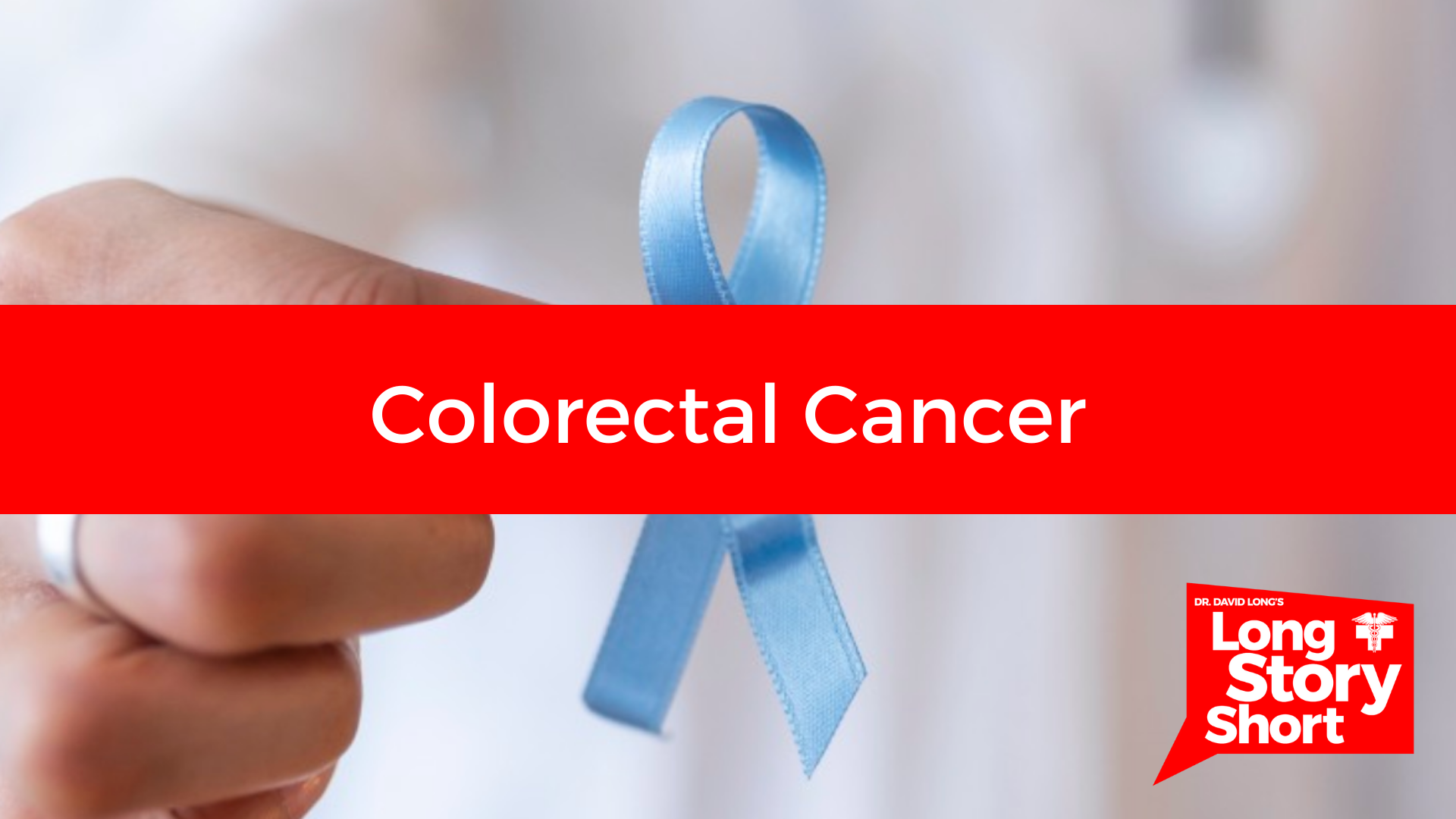Colorectal Cancer Awareness Month Summary
• Colorectal cancer is a health concern that should be taken seriously. Early detection is key for successful treatment and improved health outcomes.
• Look out for changes in bowel habits, unexplained weight loss, rectal bleeding or blood in the stool, persistent abdominal discomfort such as cramping or bloating, and fatigue which may indicate this type of cancer.
• Eating healthily and exercising regularly can help reduce risk of colorectal cancer and improve overall health. Annual colonoscopies are recommended to further increase chances of avoiding health issues.
• If diagnosed with colorectal cancer, treatment options vary depending on individual’s health history and diagnosis, but may include surgery, chemotherapy, or radiation.
Full Text
Colorectal cancer is a health concern that should not be ignored. Early detection of this type of cancer can mean a better outlook for treatment and improved health outcomes. There are several signs to look out for that could indicate colorectal cancer, including changes in bowel habits, unexplained weight loss, rectal bleeding or blood in the stool, persistent abdominal discomfort such as cramping or bloating, and fatigue.
If you notice any of these symptoms, it’s important not to ignore them and seek medical attention right away. Your health care provider will likely order tests to determine what may be causing the symptoms and whether they could be related to colorectal cancer. Even if you don’t have any of these symptoms, it’s important to avoid the disease altogether by getting regular screenings.
Early detection and diagnosis is key to a successful treatment plan. Through health education, proactive lifestyle changes and health screenings, you can take steps to reduce your risk of developing colorectal cancer.
If you or anyone you know has been diagnosed with colorectal cancer, there are a number of treatment options available that can help manage both the physical and emotional effects of the disease. From surgery to chemotherapy and radiation therapy, there are many avenues for providing an effective treatment plan tailored specifically to each individual patient’s needs.
It’s important to speak with your health care provider about all possible treatment options so that together you can develop a health plan that will help reduce the risk of colorectal cancer and avoid any health complications. With proper detection, diagnosis, and treatment, many individuals can live a healthy and long life with colorectal cancer.
Taking the time to educate yourself on the risk factors associated with colorectal cancer can be beneficial in helping you to identify possible health issues early on and get the right health care you need. Information provided is not intended as medical advice; always consult with your health care provider for individual health concerns.
In case of emergency or medical advice, seek professional health services immediately. Some of the signs and symptoms that may indicate colorectal cancer are:
– Unexplained changes in bowel habits
– Blood in the stool
– Abdominal pain or tenderness
– Weight loss without trying
– Fatigue or weakness
– Anemia caused by low red blood cell count
It’s important to not only be aware of any health issues and seek medical advice if needed, but also live a healthy lifestyle. Eating healthily and exercising regularly can help you maintain a healthy weight, reduce your risk for disease, and improve overall health.
Adding an annual colonoscopy or other screenings for colorectal cancer to your health routine can further increase your chances of avoiding health issues. If diagnosed with colorectal cancer, treatment options vary depending on the health history and specific diagnosis of an individual. Treatment may include surgery, chemotherapy, or radiation.
It’s important to speak with a health care provider about the best treatment plan for your case.
By taking preventive health measures, you can avoid health issues before they arise and ensure proper treatment if needed. Stay aware of any changes in your health and consult health professionals as soon as possible when needed!
I’m Doctor Long, and that was the long story short!





 and then
and then